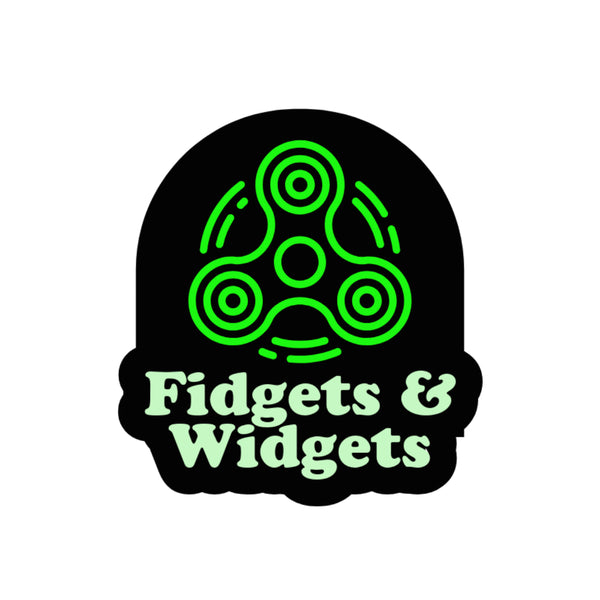
The Latest Psychological Breakthrough in Neurodivergent Focus and Sensory Regulation
Share
In the world of cognitive science and psychology, research into neurodivergent experiences is expanding rapidly. A recent breakthrough is changing the way we understand focus and sensory regulation, particularly for individuals with ADHD, autism, and sensory processing differences.
The Role of Interoception in Focus and Regulation
Interoception—the ability to sense internal bodily states—has long been overlooked in discussions about attention and regulation. However, recent research from leading neuroscientists suggests that difficulties with interoception may be a key factor in focus-related challenges faced by neurodivergent individuals. The study, published in the Journal of Cognitive Neuroscience, highlights that many people with ADHD or autism struggle to interpret bodily signals such as hunger, thirst, or fatigue, which in turn impacts their ability to maintain attention and regulate emotions.
What This Means for Focus Tools
This discovery is particularly exciting for the development of cognitive focus devices, such as those we create at Fidgets and Widgets. Traditional sensory tools often focus on external stimuli—textures, sounds, or visual cues—but this research suggests that incorporating biofeedback elements could significantly enhance their effectiveness.
For example, wearables that track heart rate variability (HRV) or skin conductance could provide real-time feedback to users, helping them recognize when their bodies are under or overstimulated. Likewise, fidget tools designed to prompt users to check in with their internal states could foster better self-regulation.
A New Era of Personalised Support
With this breakthrough, the future of neurodivergent support tools is shifting toward more personalised and responsive solutions. Imagine a focus device that doesn’t just provide sensory stimulation but actively adapts to the user's internal state—gently vibrating to remind them to breathe or shift their energy levels.
At Fidgets and Widgets, we are excited about integrating these insights into our designs, ensuring that our tools are not just engaging but truly transformative for those who use them.
Looking Ahead
As research into interoception and neurodivergence continues to evolve, we are committed to staying at the forefront of these discoveries. By bridging the gap between neuroscience and innovative design, we can create a new generation of focus tools that cater to the diverse needs of neurodivergent individuals.
Stay tuned as we explore ways to bring this research to life in our next line of cognitive focus devices!
